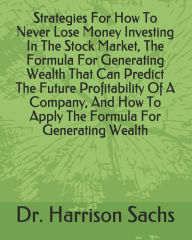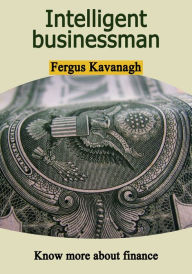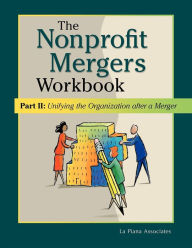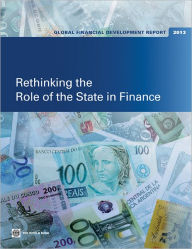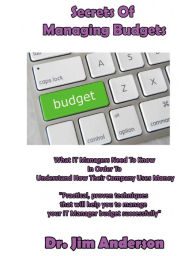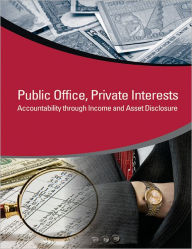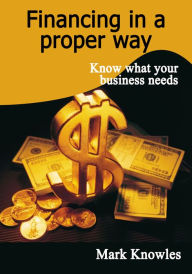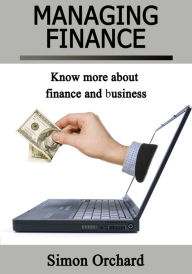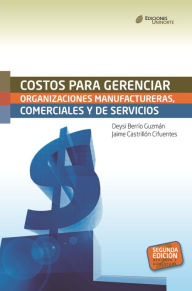Strategies For How To Never Lose Money Investing In The Stock Market, The Formula For Generating Wealth That Can Predict The Future Profitability Of A
by Dr. Harrison Sachs
2020-05-28 19:44:15
Strategies For How To Never Lose Money Investing In The Stock Market, The Formula For Generating Wealth That Can Predict The Future Profitability Of A
by Dr. Harrison Sachs
2020-05-28 19:44:15
This essay sheds light on the strategies for how to never lose money investing in the stock market and elucidates the formula for generating wealth that can predict the future profitability of a company. Moreover, how to apply the formula for generat...
Read more
This essay sheds light on the strategies for how to never lose money investing in the stock market and elucidates the formula for generating wealth that can predict the future profitability of a company. Moreover, how to apply the formula for generating wealth to determine if buying stocks in a company is a warranted investment and unconventional investment strategies for how to afford to retire prematurely without ever having to work for anyone are delineated in this essay. Additionally, how to earn substantial money online to be able to afford to invest in the stock market is expounded upon in this essay. While investing in the stock market may appear to be a daunting, overwhelming, and precarious undertaking, there is are strategies that can be employed in order to never loose money investing in the stock market. Before you can implement these strategies, it is incumbent to find a brokerage firm, such as E*Trade, Charles Schwab, TD Ameritrade, or Fidelity that offers commission free stock trades so that you can execute these strategies. By leveraging an online broker that does not levy commission fees for stock trades, you no longer need a stock to increase by at least over $18 to offset the commission fees just to reap a capital gain post selling the stock. When brokerage firms imposed commissions for equity trades, an investor would pay a $9 commissions fee just to purchase a stock and then an additional $9 commission fee to simply sell the stock, irrespective of whether or not the investment yielded a capital gain. This meant that the investor would ultimately need their shares of equity to rise above 2% to reap a capital gain if they bought $1000 worth of stocks in company. Paying these commissions for stock trades meant that the investor was always investing at an unrealized capital loss whenever they initially purchased the stocks. The Investor would eager hope that the stocks' pending growth could be significantly enough to offset the exorbitant total commission fees of $18 for buying and selling the stock. Due to ample online brokerage firms no longer imposing commission fees for stock trades, you can invest in the stock market without having to procure stocks at an unrealized capital loss nor loose money. One strategy to never loosing money investing in the stock market simply involves making commission free equity trades on a brokerage firm platform and also placing pending stop loss orders on your equity positions to avert loosing any real money in the stock market other than pennies from a poor investment decision. For instance, if you earmarked $1000 into buying 10 shares of equity in a company at $100 per share, then you can set your stop loss order to be a penny less than the purchase price of the stock so that you limit your losses to 1 penny per share of equity sold if the stock price fluctuates unfavorably. In this context, the stop loss order would be set to trigger if the $1000 of equity shares that were purchased for $100 marginally decreased to $99.99 per share. This strategy allows the utmost risk adverse equity investor to avoid loosing money in the stock market by capitalizing on commission free trades and utilizing pending stop loss orders to safeguard his wealth. The only amount of money lost in this context would be an infinitesimal, negligible amount of $0.10 which is a capital loss of only penny per share of stock sold by activation of the stop loss order. The utmost risk adverse investors should have pending stop loss orders on their equity investments to prudently safeguard their wealth so that they can limit their losses in the event their equities were becoming devalued. They can subsequently repurchase new income generating assets in the future that are undervalued and are no long overvalued. Buying and then retaining overvalued income generating assets, such as highly overvalued equities, can be a risky and imprudent financial decision. Ideally, investors should prudently sleuth to buy.
Less


